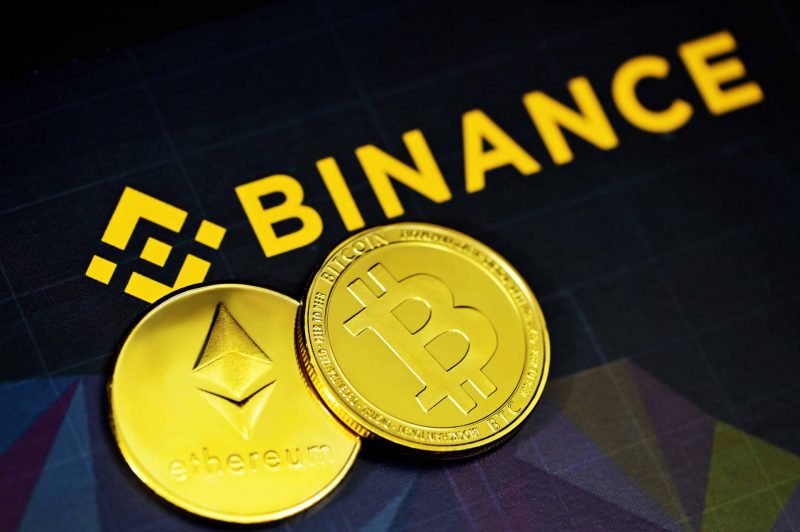FTX’s collapse has sent ripples across the crypto industry. Popular centralized exchanges are under more scrutiny than ever before. One such example is Binance and its failed crypto audit.
Reports have it that not even the auditor will vouch for the results. Following FTX’s collapse, exchanges have rushed to restore public confidence. Binance’s loss in front of investors points to a bleak future without immediate remedies.
There are sections of the divide that call the entire audit a hoax. Regardless, the polity is in a heightened state of tension following reports from the audit firm. Let’s step in and unfold this unfortunate saga plaguing the crypto community.
Binance’s Failed Audit
The popular crypto exchange called the audit “proof of reserves.” It was a move to restore investor confidence by proving its capability to accommodate user funds. What, then, is proof of reserve?
A 1:1 asset claim means the exchange has an equal number of user funds with little reserve. Such a ratio presents few risks to investors and users because the exchange can handle them adequately. With mistrust wreaking havoc in the crypto industry, Binance called on Mazars for its audit.
The problem is not with the audit results but with the statement from the mid-tier global accounting company. Mazars reiterated that it made no representation regarding the procedure’s appropriateness. As a result, there is growing skepticism at Binance.
Voices call the entire audit a hoax, and the results are untrue. Some believe no financial institution can maintain a 1:1 asset claim. Nevertheless, the stormy season for crypto is gathering momentum.
Failed Audit Results in Massive Withdrawals
Fearing a similar experience to FTX’s collapse, users no longer trust. Of course, we expected nothing less after the audit firm showed no confidence in the procedure. The exchange’s move to restore public confidence seems to have backfired, except that it was never about restoration.
Theories are flying around, but one fact remains. The popular crypto exchange processed $1.9 billion in withdrawals on December 13.
Binance’s proof of reserve is a significant move, but it does little to address core issues. The famous run at numbers does not do the following:
- Proof the efficiency of its internal financial mechanisms
- Provider assurance
- Validate the numbers.
That shows how little proof the reserve proves. Financial experts believe the comparison does not justify the company’s standing. Then you have the issue of using a little-known audit firm for a large company like Binance.
Some believe using any of the top 4 firms would have pushed the confidence narrative. Hence, users have hit the panic button and are withdrawing funds.
With the dramatic collapse of FTX, people are worried about the safety of their funds. Governments worldwide are stepping up their game to regulate the crypto industry. However, that is a story for another day.
Are Crypto Exchanges Insured?
The big question hovering over our heads is if centralized exchanges have deposit insurance for the users. Crypto deposits do not fall under the jurisdiction of the Federal Deposit Insurance Commission. However, crypto exchanges still offer some insurance.
Coinbase, for example, maintains that it carries insurance against theft resulting in losses. Also, the custodial accounts that hold user crypto as cash have FDIC insurance. Of course, banks will provide you with this protection.
In essence, you do not have the same level of security that you would have in a bank. The latter has the full backing of the FDIC in the event of any loss, not just theft. Moreover, cryptocurrencies risk legislation if they come under FDIC cover.
Federal laws do not insure crypto deposits, and Binance is no different. The risk of losing coins worth thousands to millions will always be there. Nonetheless, the recent publication of its audit portends another crisis.
Ride it Out or Play Safe?
Thousands of users are contemplating the same thing as we speak. You may scour the internet looking for proof that Binance will not tread the same path as FTX. The truth is, it might or might not.
If you can cut down on the risk, take it. Maybe move your cryptos to a non-custodial wallet. That should offer some protection until the situation stabilizes.
Experts are still analyzing Binance’s audit report, and we bet we have not seen the last of it.
WeInvests is a financial portal-based research agency. We do our utmost best to offer reliable and unbiased information about crypto, finance, trading and stocks. However, we do not offer financial advice and users should always carry out their own research.
Read More









